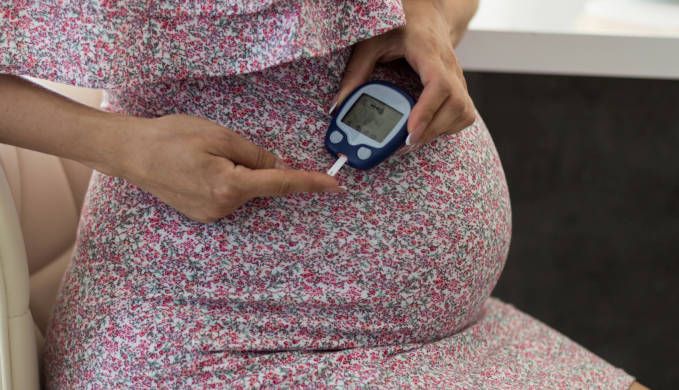First-line SGLT2 inhibitors, GLP-1 receptor agonists ‘not cost effective’

Researchers calculate that the price of SGLT2 inhibitors and GLP-1 receptor agonists would need to fall “by at least 70%” to make them cost effective first-line treatments in the USA.
People with type 2 diabetes and CKD missing out on renoprotective drugs

People with type 2 diabetes and chronic kidney disease are substantially less likely to initiate SGLT2 inhibitors than those with normal kidney function, despite their proven renoprotective benefits, research shows.
Common diabetic peripheral neuropathic pain treatments equivalent in OPTION-DM

Combination therapy with three commonly used medications has achieved similar levels of pain relief for people with diabetic peripheral neuropathic pain in the randomized OPTION-DM trial.
Pros and cons with lower vs higher threshold for gestational diabetes diagnosis

Using the lower IADPSG glycemic criteria rather than the HAPO criteria diagnoses more women with gestational diabetes but does not result in fewer babies being born large for gestational age, shows a randomized trial.
‘Diverse’ comorbidities characterize people with type 2 diabetes

Only two of the five most common comorbidities identified in a UK population with type 2 diabetes are traditionally associated with the condition, say researchers.
Lifestyle intervention strategy beneficial for older adults with diabetes

Lifestyle intervention proves “highly successful” in adults with diabetes aged 65 to 85 years, improving both metabolic and functional health, report researchers.
No justification for bespoke antihypertensive intervention in type 2 diabetes

Author: Eleanor McDermid medwireNews: The absolute benefit of blood pressure reduction on cardiovascular risk does not differ according to whether or not people have type 2 diabetes, shows an individual participant data meta-analysis. Kazem Rahimi (University of Oxford, UK) and colleagues from the Blood Pressure Lowering Treatment Trialists’ Collaboration analyzed 358,533 participants of 51 randomized […]
Sotagliflozin effects differ from empagliflozin only at breakfast

The only notable short-term differences in the effects of sotagliflozin and empagliflozin occur in glucose metabolism after breakfast, show findings from a randomized trial.
Diabetes burden expanding in the Americas

Diabetes burden is large, heterogenous, and has increased across all six regions of the Americas since 1990, mostly as a result of type 2 diabetes, show data from the Global Burden of Diseases, Injuries, and Risk Factors Study 2019.
Two early childhood autoantibody screenings predict most type 1 diabetes cases

Testing high-risk children for islet autoantibodies twice, at the ages of 2 and 6 years, predicts the majority of clinical cases of type 1 diabetes diagnosed by the age of 15, a study suggests.